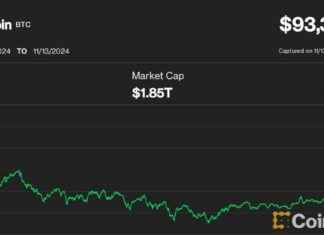MADRID, 27 Oct. (EUROPA PRESS) –
The International Energy Agency (IEA) has assured this Thursday that Russia’s invasion of Ukraine and its influence on the energy crisis facing the West could accelerate the transition to renewable energy.
This has been detailed by the IEA in its report ‘Energy Outlook in the world’, in which it has indicated the year 2025 as the possible maximum point of global emissions.
This would be possible because the current energy crisis “is causing an impact of unprecedented magnitude and complexity”, according to the IEA, which has highlighted the vulnerability of energy markets as a “reminder of the fragility and unsustainability of the global energy system”.
“Alongside short-term measures to try to shield consumers from the impacts of the crisis, many governments are now taking longer-term measures. Some are looking to increase or diversify oil and gas supplies, and many are looking to speed up prices. structural changes,” says a statement released by the agency.
The report highlights the United States’ Inflation Reduction Act, Japan’s ‘Green Transformation’ (GX) program, ‘ambitious’ clean energy targets in India and China, and the ‘Fit for 55’ and ‘REPowerEU’ packages. ‘ of the European Union as “the most notable responses” to the energy crisis.
These move measures would help boost global investment in clean energy by more than 2,000 million euros a year by 2030, an increase of more than 50 percent from 2022, according to the letter.
“As markets rebalance in this scenario, coal’s advantage from the current crisis is temporary as renewables, backed by nuclear power, see sustained gains,” the IEA explains.
Still, the report notes that Russia has so far been the world’s largest exporter of fossil fuels. However, its invasion of Ukraine is causing “a complete reorientation of world energy trade”, leaving it in a “greatly diminished” position.
The rupture between Europe and Russia has reached “a speed that few imagined possible” and that it is producing “great changes”. For this reason, the agency has stressed the need for “a new energy security paradigm to guarantee reliability and affordability” that also includes a reduction in emissions.
“As the world moves forward from the current energy crisis, it must avoid new vulnerabilities arising from critically high and volatile mineral prices or highly concentrated clean energy supply chains,” the IEA urged states in its report.
However, despite these changes, the IEA assumes global warming of 2.5 degrees Celsius by the year 2100, thereby missing the 1.5 degree Celsius warming target that is intended to help prevent the serious effects of climate change.






